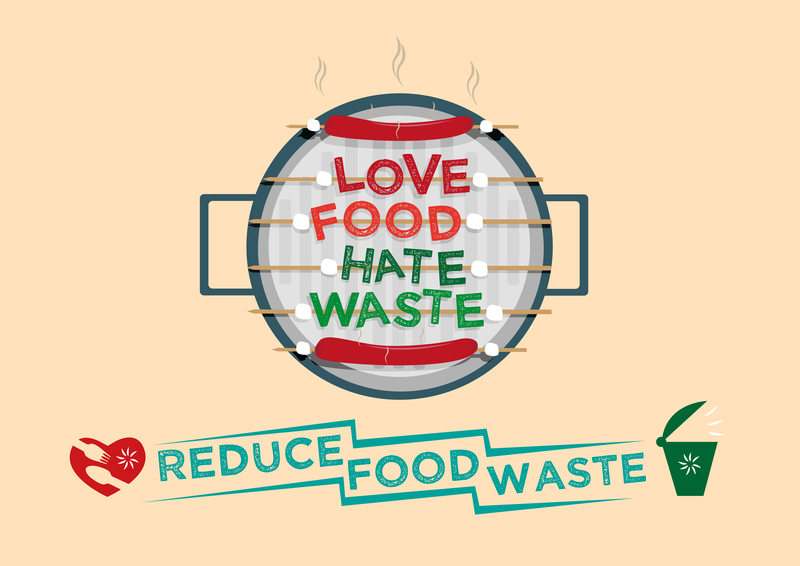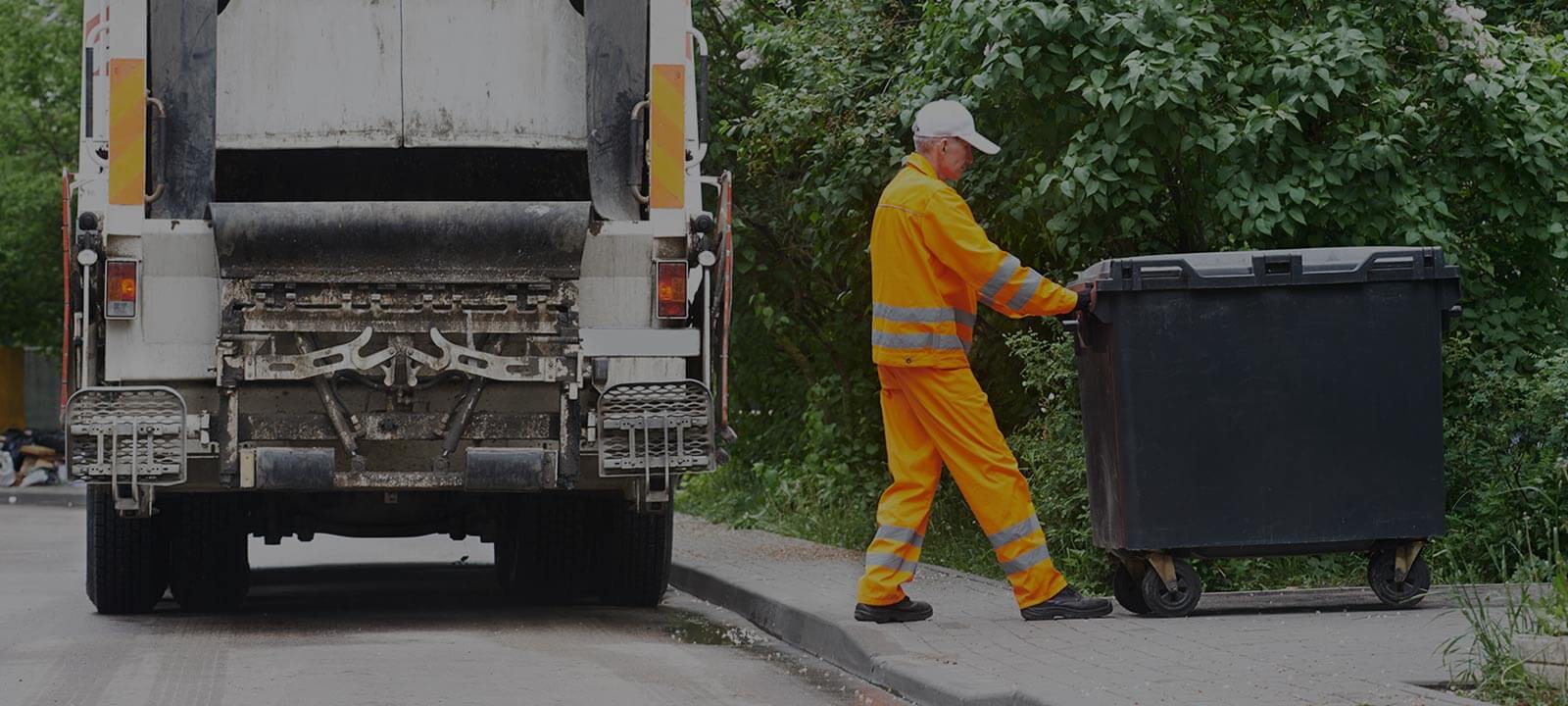Recycling and Its Positives
Posted on 10/06/2025
In an era characterized by environmental crises and finite resources, the importance of recycling cannot be overstated. Recycling is a crucial process with multifaceted benefits ranging from economic savings to environmental conservation. Understanding the implications of recycling can equip us with the necessary knowledge to make more sustainable choices. This article delves into the various positives of recycling, highlighting why it is a practice we should all embrace.
Economic Benefits of Recycling
One of the most compelling reasons to recycle is its economic advantages. Recycling helps create jobs and supports industry growth. According to the Environmental Protection Agency (EPA), recycling and reuse activities in the United States alone accounted for 757,000 jobs, $36.6 billion in wages, and $6.7 billion in tax revenues in a single year. This illustrates that recycling not only benefits the environment but also bolsters economic development.
Furthermore, recycling helps reduce the cost of waste management. By diverting materials from landfills, recycling minimizes the amount of waste that municipalities need to process and dispose of, which translates to significant cost savings for local governments. This financial reprieve can be redirected toward other community needs such as public health and education.

Environmental Conservation
The environmental benefits of recycling are perhaps the most well-known. Recycling helps conserve natural resources such as timber, water, and minerals, reducing the need for extraction and processing, which are often harmful to ecosystems. For example, recycling aluminum saves 95% of the energy required to produce new aluminum from raw ore. This massive energy saving translates to fewer greenhouse gas emissions, helping mitigate climate change.
Additionally, recycling helps reduce pollution by decreasing the need for raw material extraction and processing, which often involves toxic chemicals and heavy metals that can contaminate the air and water. By recycling electronic waste, we can prevent harmful substances like lead and mercury from entering our ecosystems, safeguarding both human health and environmental integrity.
Reduction of Landfill Space
Landfills are rapidly filling up, and finding new sites for waste disposal is increasingly challenging. By recycling, we can significantly reduce the volume of waste destined for landfills. This not only conserves space but also decreases the potential for environmental contamination, as landfills can leach harmful chemicals into the soil and water.
Moreover, reducing the amount of waste in landfills helps mitigate the release of methane, a potent greenhouse gas. Landfills are the third-largest source of human-related methane emissions in the United States. By diverting organic waste from landfills through composting and recycling paper products, we can help lower methane emissions and combat climate change.
Conservation of Energy
Recycling is significantly more energy-efficient compared to producing new products from raw materials. For instance, recycling paper saves approximately 60% of the energy required to produce paper from virgin pulp. Metals, too, show remarkable energy savings when recycled--recycling steel saves about 74% of the energy compared to producing it from iron ore.
This energy conservation translates into reduced carbon footprints for industries and individuals alike. By choosing recycled products, we can collectively diminish our energy usage and lessen our impact on the environment, contributing to more sustainable and resilient communities.
Enhanced Community Engagement
Recycling programs often foster community awareness and engagement. By participating in local recycling initiatives and educational programs, individuals become more conscious of their environmental footprint and are likely to adopt more sustainable habits. Schools, businesses, and community centers that promote recycling help instill a culture of environmental stewardship, which can have lasting positive effects.
Additionally, community-based recycling programs can build social cohesion as residents work together towards a common goal. These programs often involve volunteer opportunities, local events, and partnerships with businesses and organizations, strengthening the social fabric of the community.
Innovations and Technological Advancements
Recycling has spurred numerous innovations and technological advancements. Engineers and scientists are continually developing new methods to make recycling processes more efficient and cost-effective. For example, advancements in sorting technologies, such as optical scanners and artificial intelligence, have improved the accuracy and speed of sorting recyclable materials, making recycling more viable and profitable.
Moreover, research in materials science has led to the creation of more versatile and durable materials from recycled content. Companies are now producing high-quality products, ranging from construction materials to consumer goods, made entirely from recycled materials. These innovations not only reduce waste but also open up new markets and economic opportunities.
Global Impact
Recycling has a global impact on resource management and environmental sustainability. As developing countries industrialize, the demand for raw materials continues to grow. By promoting recycling on a global scale, we can help balance resource consumption and reduce the environmental degradation associated with raw material extraction.
International collaboration on recycling initiatives can also foster technological exchange and capacity building. Countries with advanced recycling infrastructure can share their knowledge and expertise with those just beginning to develop their recycling programs, promoting global sustainability and reducing disparities in resource management.
Consumer Benefits
Recycling offers direct benefits to consumers as well. Many consumers are becoming increasingly aware of the environmental impact of their purchasing decisions and are actively seeking out products made from recycled materials. This demand for sustainable products has led to a broader availability of eco-friendly options in the market, giving consumers more choices to align their purchasing habits with their values.
Additionally, recycling can result in cost savings for consumers. For example, purchasing recycled paper or remanufactured electronics often comes at a lower price point compared to new products. By opting for recycled goods, consumers can enjoy quality products while also contributing to environmental conservation.

Educational Opportunities
Recycling programs provide excellent educational opportunities for people of all ages. Schools can incorporate recycling into their curricula, teaching students about the importance of resource conservation and environmental stewardship. Hands-on activities, such as recycling drives and waste audits, can engage students and provide practical experience in sustainable practices.
For adults, community workshops and informational campaigns can raise awareness about the benefits of recycling and provide practical tips for effective waste management. These educational efforts help cultivate a more environmentally conscious society, where individuals are better equipped to make informed choices about resource use and waste reduction.
Conclusion
Recycling is a powerful tool in our quest for environmental sustainability and economic resilience. Its benefits are wide-ranging, encompassing economic growth, environmental conservation, energy savings, community engagement, and educational opportunities. By embracing recycling, we can make significant strides towards a more sustainable future, reducing our environmental impact and conserving resources for generations to come.
To maximize the benefits of recycling, it is crucial for individuals, businesses, and governments to collaborate and invest in robust recycling infrastructure and education. By doing so, we can create a circular economy where resources are reused and repurposed, ultimately leading to a healthier planet and a more sustainable way of life.
Latest Posts
Reusing for Resource Conservation
Industry applauds government's dedication to improving e-waste recycling practices






